Sport
From Gaza today to Srebrenica thirty years ago, history shows a brutal truth: genocides don’t end through dialogue with those committing them.
This morning, from my flat in London, I opened my phone and read a headline I had already half-expected: ‘Ceasefire negotiations have collapsed, or at best, stalled.’ A familiar chill. My stomach tightened, my heart raced, and a deep, numbing sadness settled over me.
In its wake, I could not help but recall Ghassan Kanafani, the Palestinian writer and revolutionary, who once asked whether “a conversation was possible between the sword and the neck.”
The question lingers as questions of power and subjugation do.
I don’t know if it has ever been possible to end a genocide by negotiating with its perpetrators. It’s never happened in history, and I doubt it ever will.
Let me be clear: I ache for peace.
I'd give anything to wake up in a world where my niece Juri—beautiful, joyful Juri, just four years old, who dreamt of seeing the sea beyond Gaza’s shores—wasn't killed by an Israeli air strike.
Where her sister wasn’t crawling through rubble, screaming her name. Where my father didn't have to bury his grandchildren in fragments.
When I watch, in real time, my people in Gaza being starved, bombed, and buried alive; I see perpetrators standing at podiums, smiling, while the blood of our children still soaks the soil.
Since October 7 alone, nearly 60,000 Palestinians, many thousands of them children, have been killed. Gaza, a territory under brutal siege since 2007, where two million people depend on intermittent humanitarian aid.
While the world calls for “negotiations,” it does so hand-in-hand with the very powers supplying the bombs.
The international community clings desperately to this illusion, driven by diplomatic norms, political convenience, or perhaps even psychological denial. Negotiations offer a comforting myth of progress, a way to defer decisive, morally uncomfortable action.
History is not ambiguous on this point: genocide is not a misunderstanding to be resolved at a table, it is a project of total erasure.
“Negotiation” in the history of genocides
In Bosnia in 1995, it was not a diplomatic breakthrough that ended the genocide at Srebrenica. Over 8,000 Muslim Bosniak men and boys were murdered in a few days as ethnic Serb forces closed in on the UN-declared “safe zone” while international forces looked on. Only external military pressure ended the killing.
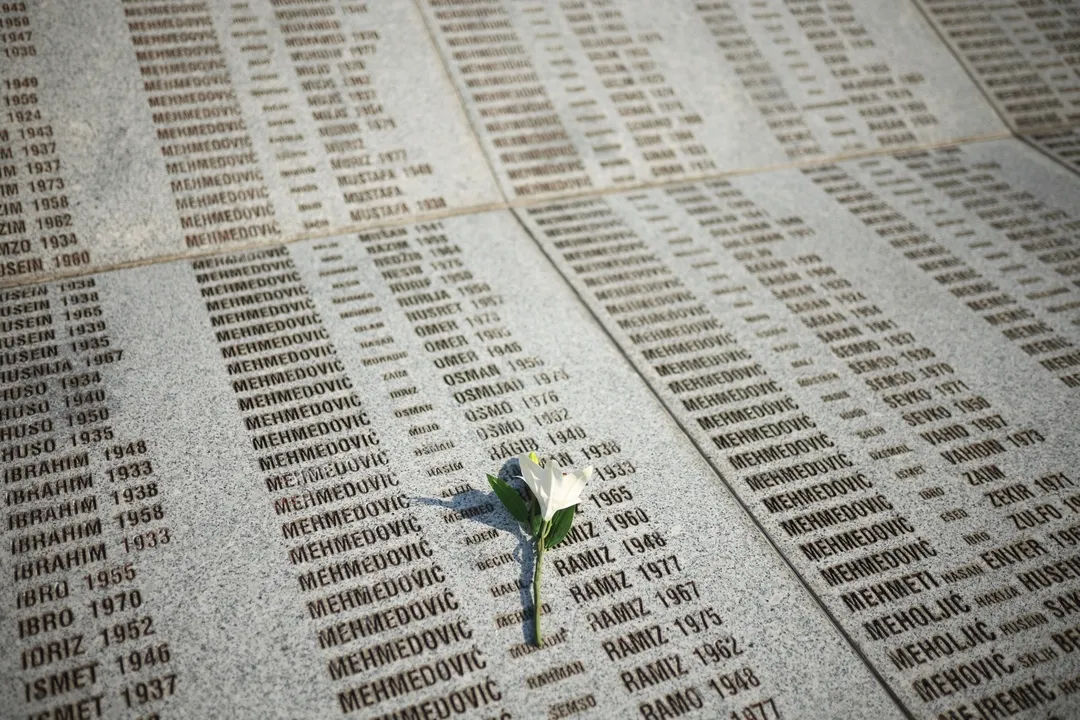
Recently, the identities of seven more victims were confirmed, thirty years after their lives were taken. Even today, survivors carry deep trauma, annually burying newly identified remains.
Srebrenica’s genocide, legally recognised by the International Criminal Tribunal for the former Yugoslavia (ICTY), starkly illustrates why correct terminology matters for Gaza today. Gaza, too, has mass graves, and its trauma will scar generations.
Tutsi genocide in Rwanda offers a similar lesson.
The Arusha Accords of 1993 were hailed as a breakthrough. Yet behind diplomatic ceremonies, when the negotiations in the accord failed, genocidal plans were escalating. In 1994, as international powers withdrew peacekeepers and turned their backs, genocide erupted.
Around 800,000 Tutsi and moderate Hutu were slaughtered in 100 days. No negotiation. Only machetes, hate radio branding victims as “cockroaches,” and mass graves. The slaughter ended only through military overthrow.
The Holocaust was not resolved through diplomacy. There was no negotiation with Hitler. No ceasefire with Himmler. The genocide ended only when Nazi Germany was destroyed. Its systematic bureaucracy, exemplified by the Wannsee Conference, underscores that perpetrators never seek peace, only efficiency in killing.
Likewise, in Cambodia, it was Vietnam’s invasion that brought the Khmer Rouge’s killing fields to a halt, not talks, not compromise.
The same is true of the Herero and Nama in what is now Namibia.
In none of these cases did the perpetrators suddenly change their minds. Never has a genocide stopped because the victims convinced the killers to stop killing.
Can the dehumanised negotiate?
This is the core of the matter. Genocide is not simply mass murder; it is an ideology. It insists not only on your death, but on the annihilation of your memory, your language, your children, your place in the world. To negotiate implies shared humanity. Genocide denies it.
That’s what genocide is: not just mass killing, but a belief system. A worldview that you, your children, your memories, your land, your history must be wiped out.
The Nazis called Jews vermin. In Rwanda, Tutsis were cockroaches. Today, Israeli officials speak of Palestinians as “human animals” and invoke Amalek, the biblical enemy to be wiped out.
Yet international powers lecture Palestinians about “balance” while bombs destroy our homes. But peace without justice is silence. Genocide cannot be paused—it must be stopped.
“Ceasefire” becomes a euphemism, not for an end to violence, but for its management. Each pause merely resets the clock. We’ve seen this before: in 2009, in 2014, in 2021.
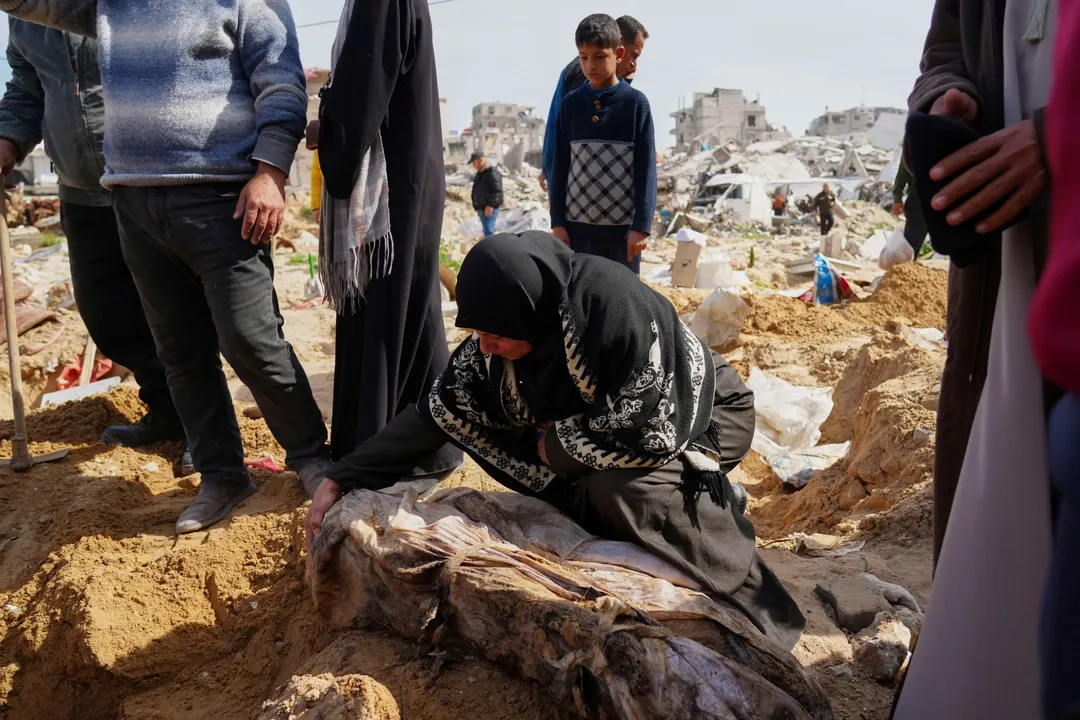
Gaza remains besieged. Its people are still dying. Talks can’t undo mass graves
To those insisting we negotiate with Israel over Gaza: on what basis? Israeli ministers openly speak of ethnic cleansing, proudly calling Gaza a “city of tents.” Its military deliberately bombs hospitals, bakeries, schools, churches, and mosques. Do we genuinely believe they’ll wake up one day and say, “We’ve killed enough”?
No. They will stop only when compelled.
Not through dialogue, but pressure. Sanctions. Embargoes. Arrest warrants. Withdrawal of diplomatic cover. Real consequences, not handshakes in luxurious hotels while Gaza starves.
We must stop pretending
The 1948 UN Genocide Convention offers clear criteria: killing members of a group, causing them serious bodily or mental harm, inflicting conditions of life designed to bring about physical destruction.
On all counts, Gaza qualifies. The ICJ has said so explicitly. Yet the killing continues. This is not a war over territory. This is a war on existence.
Today, Friday, marks exactly 30 years since the genocide in Srebrenica. Instead of learning from it, genocide continues unchecked in Gaza.
History is shouting at us. Screaming, even.
You do not end genocide through negotiation with those committing it. You stop them. Then you build a world where such crimes are never possible again.
Until that happens, until the weapons are withdrawn, the blockade lifted, the ideology dismantled, no ceasefire agreement, no political handshake, no UN press release will bring justice.
Only the truth will.
And the truth is this: Gaza is being erased. And it won’t be saved by a deal with the ones doing the erasing. Is the conversation between the sword and the neck even possible?
Disclaimer: The views expressed by the authors do not necessarily reflect the opinions, viewpoints and editorial policies of TRT Afrika.
Comments
No comments Yet








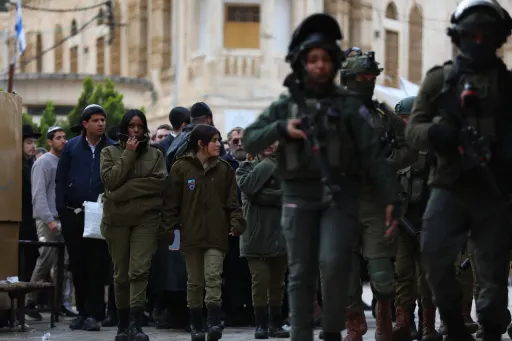
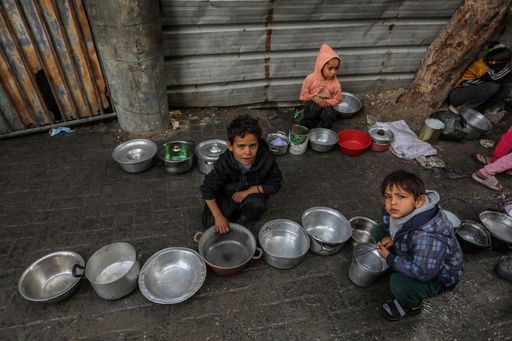

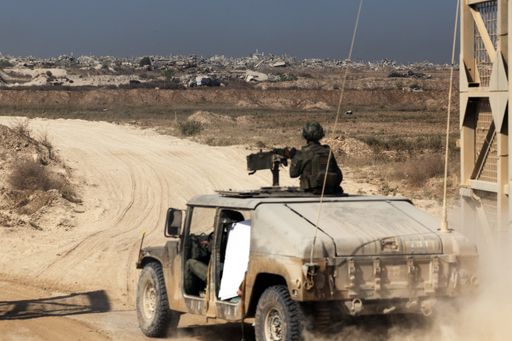


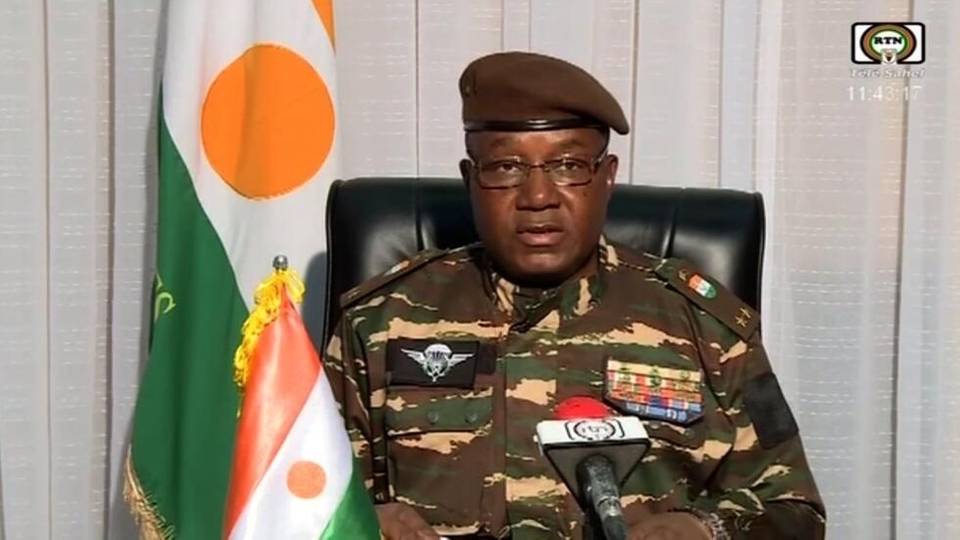

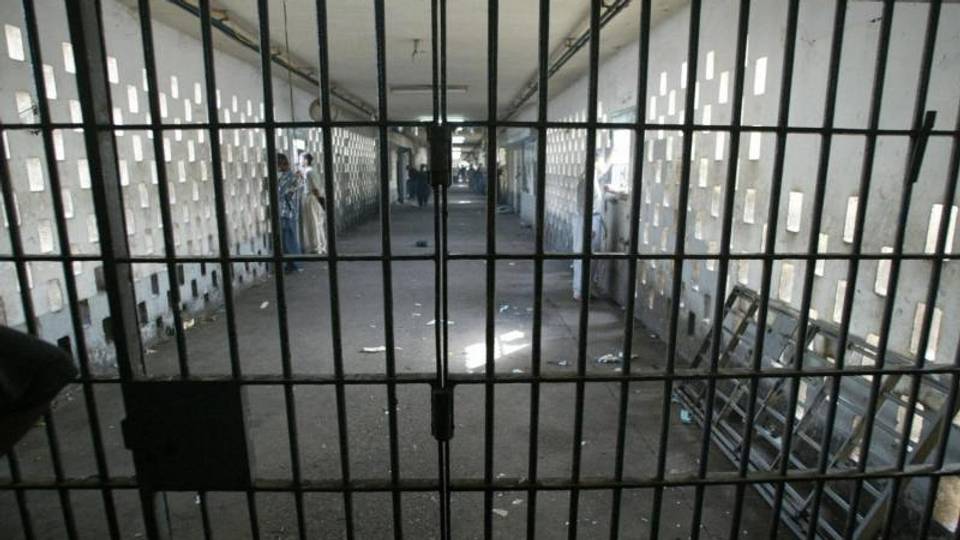
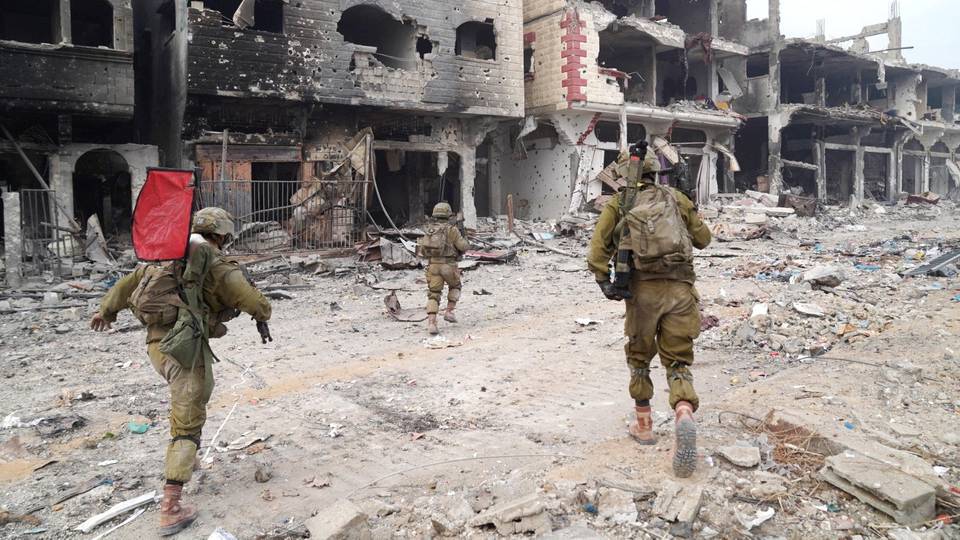


Comment